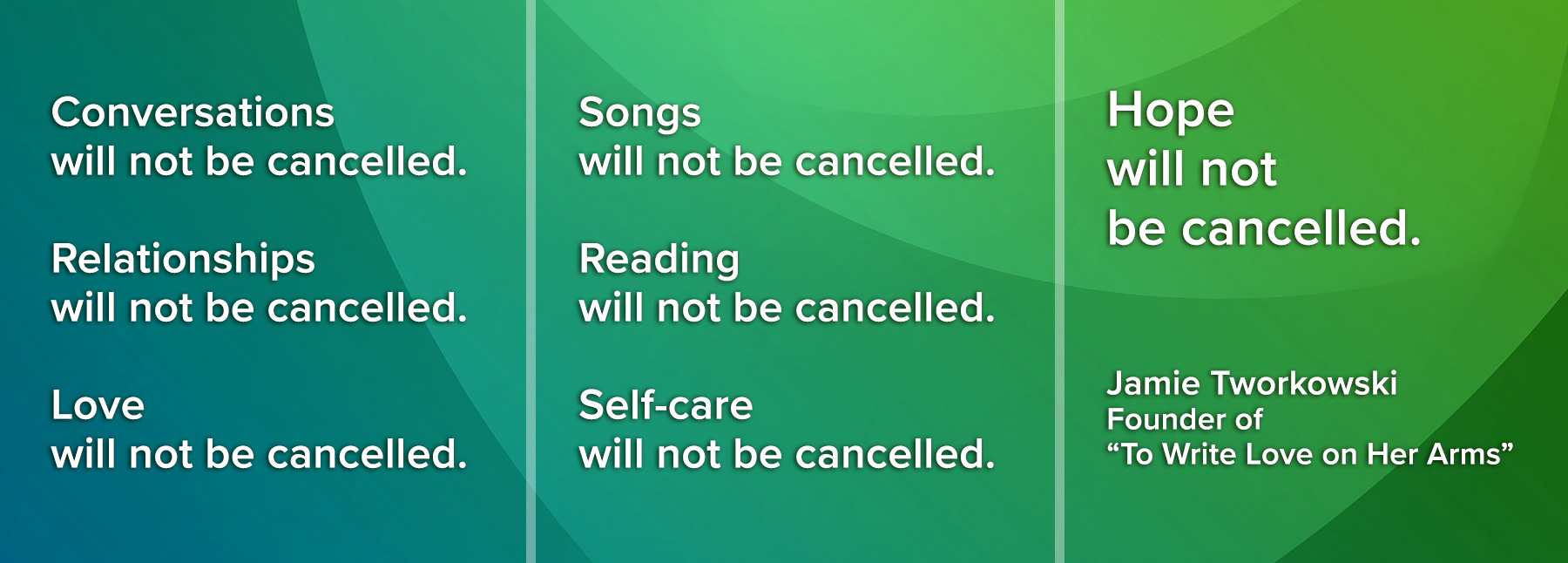
Pioneer Network began 23 years ago when a group of committed, innovative and creative disruptors got together and began spreading the word that the world of aging, care and support needs to be focused on people and not the institution. They decided on the name Pioneer Network so all people and organizations of the same like-mind could be involved, disseminate best practices, share information and have a place to go when they needed resources and assistance.
During this challenging time we are facing with COVID-19, we are committed to continuing the work of our founders, being a resource as you navigate this changing world. To that end, we have been gathering resources from our fellow Pioneers on different ways to engage and connect residents and elders with their family, friends and communities. We empathize and want to support all the amazing team members working in care communities right now, so we are sharing everything we have received from our network. We know there is more happening so if you’re doing something you want included or know of other resources, please contact us and we’ll add them to the page.
This is the time for us to come together, as people, as organizations and most of all as a community. Thanks to all of you for the work you’re doing every day, for the care and support you’re providing to residents and elders and for your kindness, compassion and love.
Pioneer Network is proud to be part of a network of caring individuals who are, in the words of one of our founders, Barbara Frank, “sharing shamelessly” as they contribute to Pioneer Network’s latest set of resources, The ABCs of Combating Isolation.
Check out what has been shared so far and check back as we update the resources our partners continue to share with us.
With our conference scheduled for August 9 – 12, five months away, we are hopeful that the current threat related to COVID-19 will have subsided and that it will proceed as planned.
We will continue to monitor the situation especially as the early registration deadline of mid-May approaches and we will provide updates about the conference through email and on our website.

